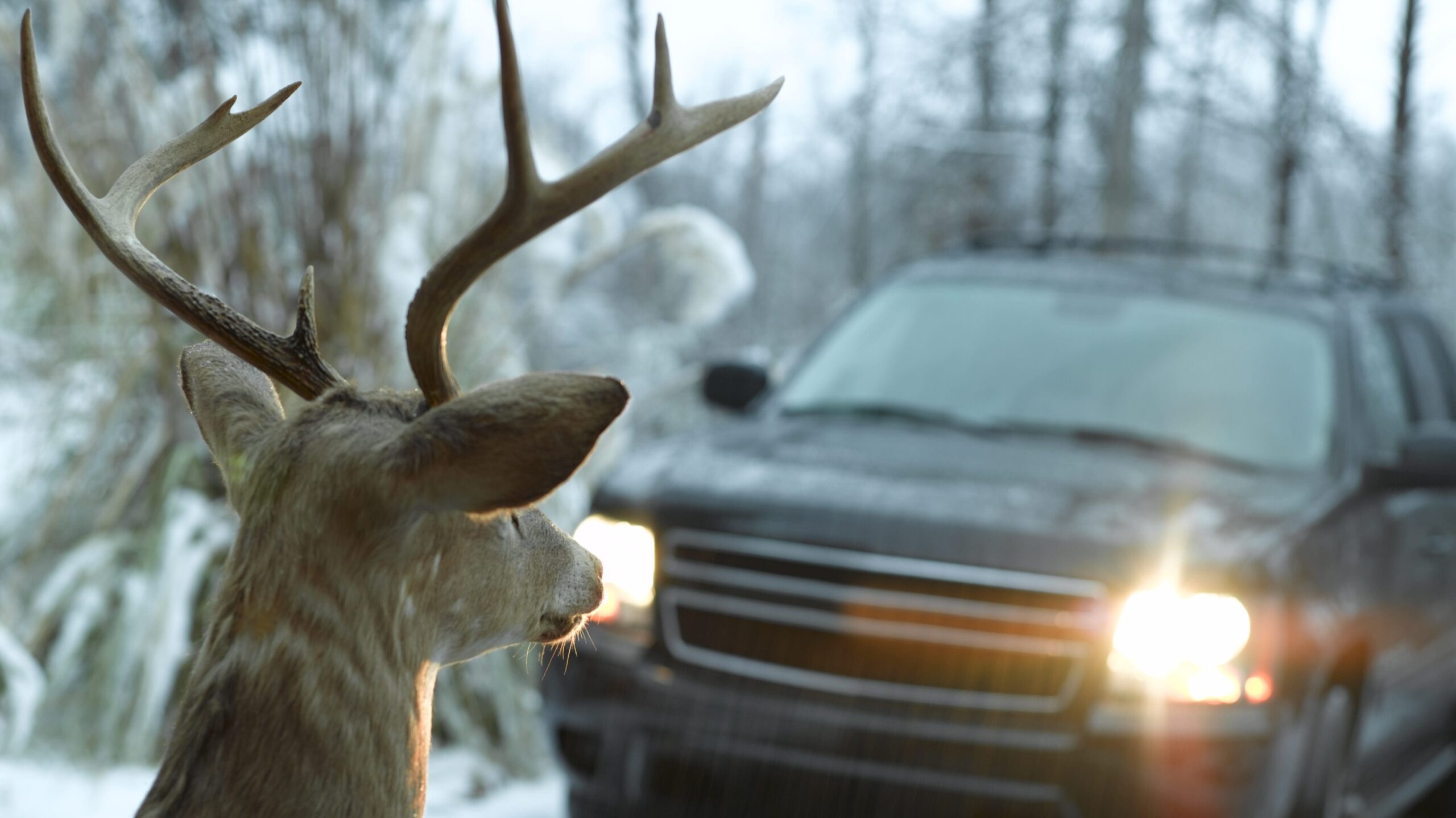TOPIC
The Joys and Challenges of Retirement Living: A Holistic Approach

Retirement is a transformative phase that offers new adventures and growth. Communities offer holistic wellness opportunities, enhancing day-to-day living and overall quality of life. Initially daunting, moving into a retirement community can be life-enhancing with community support and tailored activities. Finding a community that aligns with personal values and goals can lead to a fulfilling retirement phase filled with relaxation and discovery. Retirement can become a time of joy and contentment by focusing on wellness and engagement.
Introduction to Retirement Living
Retirement is a big life change that brings leisure, new experiences, and personal development. It’s not just about leaving a career; it’s about stepping into a fulfilling lifestyle. Many people enjoy exploring various interests, enjoying life comfortably, reconnecting with hobbies, embracing new skills, and finding joy in life’s small pleasures. Communities like Westminster St. Augustine offer retirees a vibrant environment to enjoy these opportunities while staying active and engaged.
Social Aspects of Retirement Communities
Social connections are crucial in retirement, preventing loneliness and promoting a sense of belonging. Retirement communities offer opportunities for social interaction, such as hobby clubs and group outings, to ensure residents find their niche. These events, such as potlucks and meetups, promote personal connections, reduce social isolation, and enhance overall well-being.
Mental Wellness in Retirement
Mental wellness is crucial at any life stage, especially during retirement. Engaging in activities challenging the mind, like puzzles, crosswords, or reading, can improve mental acuity and reduce cognitive decline. Many communities offer classes or workshops to foster intellectual growth, ensuring residents continue sharpening their minds. Participation in lifelong learning or art and music therapies also provides creative outlets that enhance mental stimulation. Understanding the need to maintain mental activity, people may live out their senior years with mental clarity and vitality thanks to activities that promote joy and cognitive engagement.
Physical Health: Staying Active
Physical health plays a vital role in enhancing life quality during retirement. Regular physical activity can significantly boost mood, reduce health risks, and improve mobility. Whether joining a local gym, taking daily walks, or participating in low-impact yoga sessions, retirees are encouraged to stay active and healthy. Tai chi and water aerobics are two exercise programs designed specifically for senior citizens that assist in preserving cardiovascular health and enhancing balance. The commitment to an active lifestyle supports both physical health and mental clarity, leading to an overall improvement in quality of life.
Community Engagement and Its Benefits
One of the most significant benefits of retirement is the time available for community engagement. Being active in your community can provide purpose and personal satisfaction. Whether volunteering at local charities, participating in local events, or joining neighborhood clubs, these activities promote a sense of belonging and accomplishment, contributing to overall happiness. Community involvement creates opportunities for continuous engagement and new friendships and fosters a rich social tapestry that enhances the retirement experience.
The Role of Continuous Learning
Lifelong learning is a rewarding pursuit that keeps retirees mentally engaged and fulfilled. Whether pursuing a new hobby, embarking on a second career, or attending educational classes, pursuing knowledge is fulfilling and enhances life during retirement. It offers fresh challenges and rewards, keeping the spirit of curiosity alive. Institutions and online platforms provide courses catering to diverse interests, making it easier than ever to continue learning and growing at any age.
Conclusion
Retirement living offers countless opportunities for growth, connection, and joy. By approaching retirement with an open mind and proactive strategies, retirees can enjoy a lifestyle rich in experiences and satisfaction. Embrace the possibilities and enhance retirement living by engaging with the community and preserving an active and open mindset. In doing so, this life stage becomes both bearable and hugely rewarding, offering fulfillment that enriches each passing day.
TOPIC
What If a Motorcycle Defect Caused Your Crash?

Imagine riding your motorcycle, feeling the wind, when suddenly, disaster strikes. You crash. It’s terrifying and confusing. What if a defect in your motorcycle caused this tragedy? You need answers. A defective part could risk your safety more than you realize. You deserve to know the truth behind the accident and hold the right parties accountable. The journey to uncovering the cause starts with understanding what went wrong. Was it a faulty brake, ineffective steering, or a weak frame? Each could spell disaster. You must act swiftly to protect yourself and others. Learning who is responsible can empower you to prevent future harm. If you suspect a defect, it’s crucial to seek expert advice. Knowing where to turn is important. Inquire here for guidance on what steps to take next. Remember, taking action isn’t just about justice. It’s about safety and prevention.
Identifying the Defect
The first step in addressing a motorcycle defect is identifying the problem. Mechanical issues can range from minor to severe. Some common defects include brake failure, steering malfunctions, and structural weaknesses. These defects can result from manufacturing errors or design flaws. Recognizing a defect requires keen observation and sometimes expert assistance. If you notice unusual sounds, reduced performance, or if something feels off, you may be dealing with a defect.
Types of Common Motorcycle Defects
Understanding the types of defects helps in determining next steps. Below is a table summarizing common defects:
| Defect Type | Possible Consequences |
| Brake Failure | Increased stopping distance, collisions |
| Steering Malfunction | Loss of control, veering off-road |
| Structural Weakness | Frame collapse, severe injury |
Taking Action
Once you suspect a defect, action is necessary. Report the issue to the manufacturer and consult with a legal professional. It’s not just about getting compensation. It’s about preventing similar incidents. If you’re unsure how to proceed, resources are available. For more information on vehicle safety and defects, visit the National Highway Traffic Safety Administration website.
Legal Implications
Understanding the legal landscape is essential. If a defect caused your crash, you might have a case against the manufacturer or distributor. Lawsuits can be complex. They often require proving the defect and its direct link to the crash. Legal experts can guide you through this process. They help gather evidence and build a strong case.
Preventing Future Incidents
Prevention is crucial. Regular maintenance and inspections are key. Always check for recalls related to your motorcycle model. Keeping your motorcycle in top condition reduces the risk of defects. Educating yourself about potential risks empowers you to make informed decisions. It ensures your safety and the safety of others on the road.
Conclusion
A motorcycle accident caused by a defect is more than an unfortunate event. It’s a call to action. Recognizing defects, taking appropriate steps, and preventing future incidents are essential. Staying informed and proactive ensures safer rides for everyone. Remember, the road to safety starts with awareness and decisive action.
TOPIC
How Wildlife‑Related Crashes Affect Liability And Insurance Claims

Every year, wildlife causes thousands of accidents on our roads. These crashes can be distressing and lead to unexpected consequences. When you collide with an animal, you’re not just facing potential damage to your car. You might also deal with serious injuries and complex insurance claims. Understanding your liability in these situations is crucial. Insurance policies often vary, and knowing what to expect can help you navigate this tricky situation. You may wonder about coverage for repairs and medical costs. Or perhaps you’re concerned about how this affects your insurance rates. Each situation is different, and the details matter. Learn about your rights and responsibilities to protect yourself better. It’s essential to stay informed. As you drive, stay alert and watch the road. Discover more about how wildlife-related crashes impact your insurance claims and liabilities. Your awareness could make a significant difference in your life.
Understanding Wildlife-Related Crashes
Encountering wildlife on the road can be sudden and frightening. Animals like deer, moose, and even smaller animals pose significant risks. The damage can be extensive, affecting both your vehicle and your peace of mind. These incidents often happen during dawn and dusk when animals are most active. Avoiding such crashes requires vigilance and quick reactions. However, accidents still occur despite your best efforts.
Liability in Wildlife-Related Accidents
Determining liability in wildlife accidents is often complex. Generally, no one owns wild animals, so the responsibility doesn’t fall on a specific party. If you collide with wildlife, liability typically rests with the driver. This means you could be responsible for repair costs and potential increases in insurance premiums. Knowing what your insurance covers is essential. Comprehensive coverage often includes animal collisions, while liability insurance does not. Reviewing your policy details can prevent surprises later.
Insurance Claims: What to Expect
Filing an insurance claim after a wildlife crash can seem daunting. Knowing the steps to take can ease the process. First, ensure everyone’s safety and contact authorities if necessary. Document the incident with photos and notes about the conditions and time. Contact your insurance company promptly to report the accident. Each insurer may handle claims differently, so understanding your policy helps. Coverage for repairs, medical costs, and even towing depends on your insurance type.
Comparing Coverage Types
| Coverage Type | Includes Wildlife Collisions | Repair Costs Covered |
| Liability Insurance | No | No |
| Comprehensive Insurance | Yes | Yes |
| Collision Insurance | Sometimes | Depends on the provider |
This table shows how different coverage types handle wildlife collisions. Comprehensive insurance is your safest bet for full coverage in these scenarios. Always review your policy documents to understand your coverage scope.
Prevention and Safety Tips
Preventing wildlife crashes involves both awareness and action. Stay attentive, especially in areas with high animal activity. Use high beams when safe to spot animals earlier. Slowing down can give you more time to react. In areas with frequent wildlife crossings, be extra cautious. Whistles or devices claiming to deter animals are often ineffective. Instead, focus on driving carefully and maintaining control at all times. For more safety tips, visit National Highway Traffic Safety Administration.
The Role of the Community
Communities can play a part in reducing wildlife-related accidents. Local measures like installing signs or creating wildlife corridors can help. Educating drivers about high-risk areas and times is effective. Collaborating with local wildlife experts to understand animal patterns can also reduce incidents. Community effort is key to safer roads for everyone.
Conclusion
Wildlife-related crashes are unpredictable but manageable. By understanding your insurance policy and knowing your responsibilities, you can better handle these incidents. Prevention is key, but when accidents happen, being prepared helps. Ensure your policy covers potential wildlife encounters. Stay informed and cautious on the road. By taking these steps, you protect yourself and others. Drive safely and stay aware to minimize risks and enjoy peace of mind.
TOPIC
What To Do If A Drunk Driver Causes A Fatal Accident

A fatal accident involving a drunk driver shatters lives. If you face this tragedy, knowing your next steps is crucial. This guide helps you navigate these challenging moments. First, ensure your safety and others around you. Contact emergency services immediately. Authorities need to secure the scene and gather evidence. Then, reach out to family or friends for emotional support. The impact of such an event can be overwhelming. Seek professional legal advice promptly. Legal experts can help you understand your rights and options. Their assistance may be vital in ensuring justice for your loved one. Document everything you remember about the incident. Details can be essential later. Also, consider seeking counseling. Emotional recovery is as important as legal resolution. Addressing these steps eases the burden during this difficult time. Being prepared supports you in handling this tragic situation with strength and clarity. You are not alone in this journey.
Immediate Steps After the Accident
Once the scene is secure, focus on gathering information. Collect the names and contact numbers of witnesses. Take photos of the accident site if possible. These will aid in building your case. Understandably, emotions run high. However, clear documentation is crucial. Law enforcement will compile a report. Request a copy for your records. This report contains essential details. It will be crucial for legal and insurance purposes.
Legal Considerations
Engaging with the legal system can be daunting. Yet, it is an important step forward. Secure a reputable attorney experienced in dealing with drunk driving incidents. They will navigate the complexities of the law on your behalf. Start this process early. Legal procedures often require extensive time and effort. The attorney will help file claims and represent you in court if necessary.
Emotional and Psychological Support
Processing grief and trauma requires time and support. Many find comfort in speaking with counselors or support groups. There are professionals trained to help you through this difficult period. Friends and family members are also invaluable. Be open about your needs and feelings. They can offer a listening ear and necessary support.
| Support Option | Advantages | Disadvantages |
| Professional Counseling | Expert guidance, Confidential | Costly, Requires scheduling |
| Support Groups | Shared experiences, Community support | Availability varies, Less personalized |
| Family and Friends | Immediate availability, Emotional bond | May lack expertise, Emotionally invested |
Financial and Insurance Matters
Accidents lead to unexpected financial burdens. Insurance claims need to be filed promptly. Contact your insurance company to start the process. Provide them with the accident report and any additional information. It is also wise to consult with your legal advisor during this stage. They can ensure all documents are appropriately handled. In some cases, the process may lead to compensation. This can aid with medical or funeral expenses.
Long-Term Recovery and Resolution
Healing from this tragedy takes time. Some days will be harder than others. Establishing a routine can help restore a sense of normalcy. Engage in activities that bring you relief and comfort. Consider joining initiatives that advocate against drunk driving. Contributing to a cause may offer a sense of purpose.
Additional Resources
For more guidance, visit the National Highway Traffic Safety Administration (NHTSA). They offer resources on dealing with drunk driving incidents. You can also explore the Mothers Against Drunk Driving (MADD) website for support networks and advocacy opportunities.
Dealing with the aftermath of a drunk driving accident is a profound challenge. Each step taken brings you closer to resolution and healing. Reliable support and information make a significant difference. Remember, while the journey is difficult, you have resources and people ready to help. By taking active steps, you honor the memory of your loved one and contribute to a safer community.
-

 BLOG10 months ago
BLOG10 months agoIZoneMedia360 .Com: Exploring the Features and Benefits
-

 BLOG1 year ago
BLOG1 year agoAbout Blog TurboGeekOrg: A Go-To Hub for Tech Enthusiasts and Latest Innovations
-

 BLOG1 year ago
BLOG1 year agoWhat is a Golden Transit in Magi Astrology?
-

 NEWS10 months ago
NEWS10 months agoChloe Berger News: Insights on Employee Rights and Talent Retention
-

 BLOG10 months ago
BLOG10 months agoA Complete Guide to ProcurementNation.com Shipping
-

 ENTERTAINMENT1 year ago
ENTERTAINMENT1 year agoTyquaez Pickett: A Rising Star in the Entertainment World
-

 BLOG1 year ago
BLOG1 year agoWho Is Hall Sinclair? The True Story of Olivia Colman’s Son
-

 NEWS10 months ago
NEWS10 months agoThe Vision and Innovation of News Theamericansecretscom
